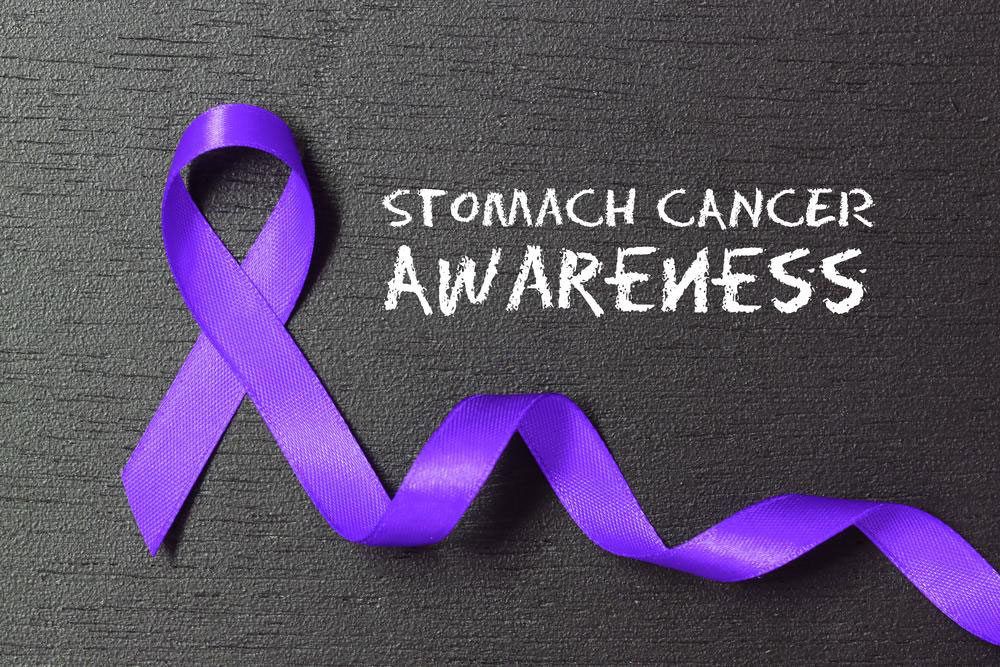Comprehensive Guide to Helicobacter Pylori Infections: Causes, Symptoms, and Treatment
Helicobacter pylori is a common bacterial infection affecting the stomach lining, with potential to cause ulcers and stomach cancer. This comprehensive guide explains the infection's symptoms, transmission, risk factors, complications, and treatment options, providing valuable knowledge for effective management and prevention strategies. Early detection and proper medical care are essential for maintaining digestive health and avoiding severe outcomes.

Understanding Helicobacter Pylori: Essential Facts and Health Implications
Helicobacter pylori, often abbreviated as H. pylori, is a type of bacteria that infects the human digestive system. This microbe is extremely common worldwide, with estimates suggesting that about 60% of the adult population is affected. Despite its prevalence, many people remain unaware of the infection as it often causes no immediate symptoms. Named for its distinctive spiral or corkscrew shape, H. pylori has the unique ability to colonize the stomach lining, sometimes leading to the development of gastric ulcers and other serious health complications. Understanding this bacterium, its transmission routes, associated symptoms, risk factors, potential health consequences, and available treatment options is crucial for maintaining digestive health and preventing severe outcomes.
Recognizing the Symptoms of H. pylori Infection
One of the challenges with H. pylori is that many infected individuals, approximately 85%, do not exhibit any symptoms at all. This asymptomatic nature makes it difficult to detect infection without proper testing. However, when symptoms do appear, they often indicate the presence of gastric ulcers or inflammation caused by the bacteria. Common symptoms include persistent or recurrent abdominal pain, especially at night or several hours after eating. This pain might come and go but can sometimes become severe. Additional signs and symptoms linked with H. pylori infection and its complications include excessive belching or burping, bloating and fullness after meals, nausea and vomiting, heartburn, and in some cases, fever.
As the disease progresses, individuals may experience more severe symptoms such as poor appetite, unintended weight loss, and in advanced cases, difficulties swallowing, anemia, blood in stool, and vomiting blood. Notably, if left untreated, the infection can cause internal bleeding, stomach perforation, and in long-term cases, contribute to the development of stomach cancer. Recognizing early warning signs and seeking medical diagnosis is vital for effective management.
How H. pylori Spreads and Transmits
The primary mode of transmission of H. pylori is via oral-fecal or oral-oral routes. The bacteria can spread through contaminated food, water, or close personal contact, especially when hygiene practices are inadequate. People who do not wash their hands thoroughly after bathroom use or before preparing food are at higher risk of spreading or acquiring the infection. Once ingested, H. pylori travels through the stomach and penetrates the stomach lining. Once established, it creates an environment that neutralizes stomach acid, facilitating inflammation and ulcer formation.
Factors Increasing the Risk of Infection
Several demographic and lifestyle factors influence the likelihood of contracting H. pylori. Individuals living in overcrowded conditions or in regions with poor sanitation are more susceptible. Children and residents of developing or low-income countries are particularly vulnerable. Sharing living spaces with infected family members further increases the risk. Limited access to clean water and proper hygiene, along with low socio-economic status, are significant contributors to infection rates. Certain ethnic groups and those with compromised immune systems also face higher risks. Long-term use of non-steroidal anti-inflammatory drugs (NSAIDs), such as aspirin or ibuprofen, can damage the stomach lining and exacerbate ulcer formation associated with H. pylori infection.
Potential Complications Arising from H. pylori Infection
If the infection remains untreated over time, it can lead to several severe health complications. These include the formation of chronic gastric ulcers, which can cause bleeding and anemia. In some cases, persistent ulceration leads to stomach perforation or gastric obstruction, requiring emergency intervention. Most concerning is the increased risk of gastric or stomach cancer, which is linked to long-term H. pylori presence and inflammation. Certain studies estimate that around 10-20% of infected individuals develop ulcers, and a small fraction progress to malignancy. Recognizing the risks associated with untreated infection underscores the importance of prompt diagnosis and management.
Effective Treatment Strategies for Helicobacter Pylori
Eradication of H. pylori is generally achieved through antibiotic therapy combined with medications that reduce stomach acid, thus creating unfavorable conditions for bacterial survival. The most common treatment regimen is a triple therapy consisting of two antibiotics—such as clarithromycin and amoxicillin or metronidazole—and a proton pump inhibitor (PPI) like omeprazole or esomeprazole. This treatment typically lasts from 1 to 2 weeks. In some cases, especially if initial therapies fail or resistance develops, alternative antibiotics or longer courses may be prescribed.
Follow-up testing is essential to confirm the successful elimination of bacteria. Non-invasive urea breath tests, stool antigen tests, or endoscopic biopsies are used to verify eradication. Physicians consider patient history, allergy status, and local antibiotic resistance patterns to tailor the most effective treatment plan. Managing side effects and ensuring compliance are key to successful eradication.
Dietary and Lifestyle Recommendations
While no specific diet can prevent or cure H. pylori infection, certain dietary and lifestyle habits can help mitigate symptoms and promote overall gastric health. Patients are advised to avoid spicy foods, alcohol, and smoking, as these can irritate the stomach lining and impede healing. Eating smaller, more frequent meals reduces stomach acid production and alleviates discomfort. Maintaining good hygiene practices, such as washing hands thoroughly and drinking safe water, significantly lowers the risk of acquiring the infection.
Individuals diagnosed with H. pylori infection should work closely with healthcare providers to develop personalized treatment plans, monitor progress, and prevent recurrence. Early diagnosis and comprehensive treatment are crucial for preventing serious health consequences and improving quality of life. Regular check-ups and adherence to prescribed therapies ensure successful eradication and reduce the risk of complications such as stomach cancer.





